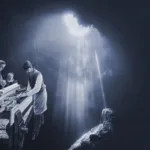
Is a Creative Writing Degree Worth It?
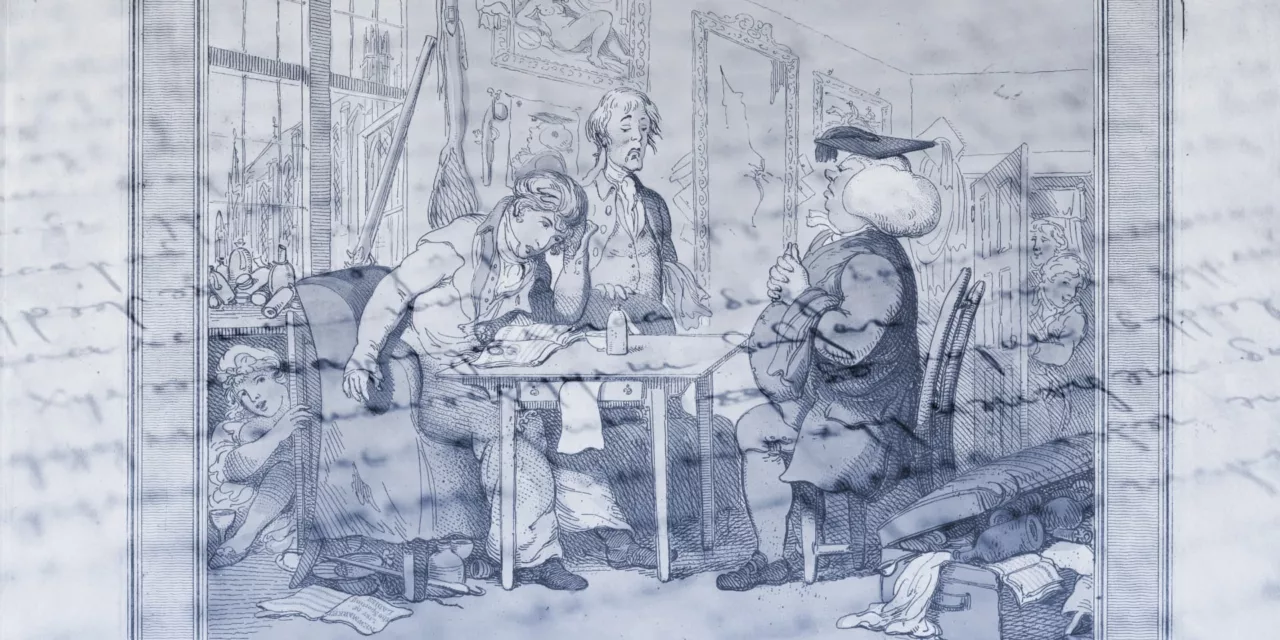
Back in 2010, I completed a combined English Literature and Creative Writing degree at Lancaster University in the UK. Because I have the experience, I often get asked if doing a Creative Writing degree is “worth it”.
The worth of a Creative Writing degree will be particular to your goals and what you hope to get out of it, but my reading of that question is, “Will doing a Creative Writing degree make me a more successful writer?”. While writing a book wasn’t and still isn’t my goal (I’m currently focused on building Novlr) I do have some insight into what pursuing a Creative Writing degree is like and whether it’s worth the investment, regardless of whether your ultimate goal is publication.
What I got from my degree
Let’s start with what I did get out of my Creative Writing degree
Exposure to different writing styles under expert guidance
One of the genuine benefits was trying many new styles of writing under the mentorship of published authors. In my final year, I worked with accomplished poet, Paul Farley. Having access to established writers who can guide your development is invaluable. While you can find those mentorships outside academia, it’s helpful to have that access on tap.
Enforced writing practice
Perhaps the most practical benefit of a Creative Writing degree is that you write every week because you have to. There’s nothing like a looming deadline and the fear of showing up empty-handed to force you to put words on the page. If nothing else, a creative writing degree will make you write consistently.
The crucible of critique
During your degree, your classmates critique your writing every week. This was perhaps the most valuable aspect to me. If you’re not used to receiving feedback, this experience is essential as it truly teaches you your strengths and weaknesses as a writer and also hardens you to the editing process.
You’ll receive lovely praise. You’ll get useful constructive criticism. And sometimes you’ll encounter people who simply didn’t like what you wrote. Learning to sort through these various responses is its own education.
Critiquing itself is a skill that you develop along the way, but I quickly learned that some people are more useful critics than others. Some of my seminar mates I would have hired as editors on the spot; others’ opinions I valued considerably less.
A community of writers
Having other writers around you to inspire, challenge, and commiserate with creates a motivating environment that’s difficult to replicate elsewhere.
Career opportunities
I studied right after high school and didn’t know where my life would take me yet. I chose Literature with Creative Writing because I had a passion for writing. And that is about the best reason to choose this degree.
Having a writing-related degree probably helped me land my first online content editor job (although I believe I would have gotten it with other humanities degrees too). It’s a nice credential, but rarely a decisive factor in writing-adjacent job success.
Craft fundamentals
There were surface-level introductions to making believable characters, writing engaging prose, showing rather than telling, but much of the learning came from writing the assignments and critiquing yours and others’ work in seminars. It was that practical, everyday writing with a set learning outcome that really made the difference.

Write more, write better, and achieve your goals with Novlr!
What my degree didn’t teach me
How to actually write a book
Surprisingly, my degree offered no guidance whatsoever on how to write a book. That simply wasn’t part of the course. Perhaps it’s covered in some programs or at the MA level, but it wasn’t part of undergraduate study at the time.
There was no teaching of fiction writing at novel length, no exploration of narrative arc, plot points, deep characterisation or anything you might get from reading a craft book on novel writing. Looking at several Creative Writing degree syllabi, some offer a module on planning long-form fiction so it may be that there is more available on this depending on where you study. With that in mind, I encourage anyone looking at a Creative Writing degree to do research to find an institution that offers a path to what you want to get out of it.
Limited genre experience
Whilst you will get assignments across a vast range of genres and styles of writing, you very rarely go deep enough into any to solidify a deep understanding of the tropes and styles specific to that genre. You will always get more out of simply reading lots of that type of work than by doing the handful of assignments set on a course like this.
At the time I studied, and looking at the current syllabi too, all writing was for an adult audience with little to no practice on writing for children or young adult audiences either (an enormous sub-section of the market). For this reason, you will always have to supplement what you learn with your own reading.
Specialisation in one area
If you want to write something specific, like a poetry collection, a novel, a play, romantasy, a memoir, or historical fiction, for example, a general Creative Writing degree may actually distract you from honing that particular skill. If you have a specific genre passion, that it might ultimately waste time you could be spending practicing that one thing.
So is it worth it?
My takeaway is this: If you already have an idea of what you want to write, you’re better off spending your money carving out space in your life to practice that one thing. Read craft books specific to your genre, engage in online writing communities on that topic, and perhaps take individual classes focused on that particular area.
If, however, you love creative writing and want to nurture that love while exploring possible passions in that space, a degree could be for you—but it’s quite an expensive way to do it. Pursuing it right out of high school makes more sense because a humanities degree with some writing modules can give you a foot in the door for editorial-adjacent jobs, but it won’t magically make you a successful writer and might not even progress you toward your specific writing goals.
What often matters more than a degree is developing a writing habit, finding your community of fellow writers and readers, learning to accept and integrate feedback, and reading widely in your chosen genre.
The best education for writing a book might just be… writing a book.
Did you do a Creative Writing degree? DId you enjoy it? What did you get out of it? If you studied in another country, does it sound similar or very different? We’d love to hear from you!


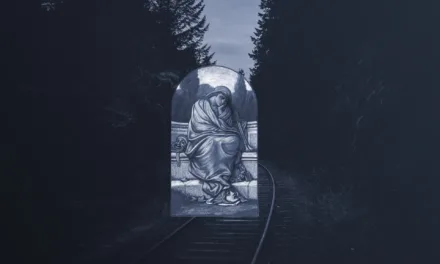

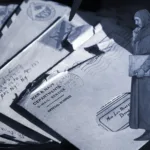
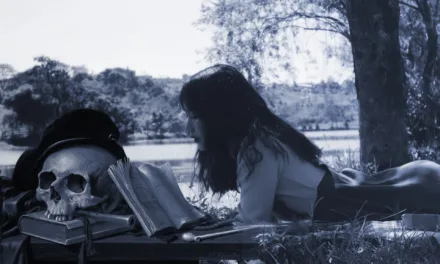


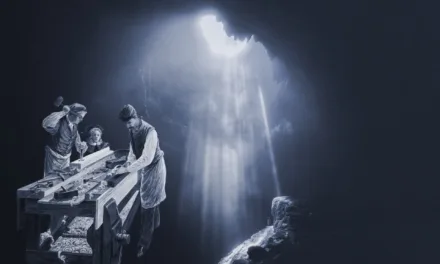














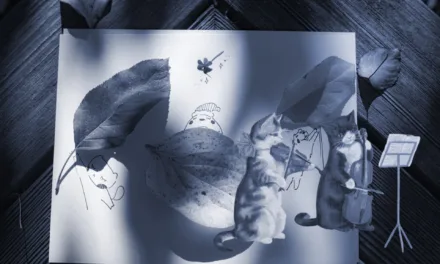




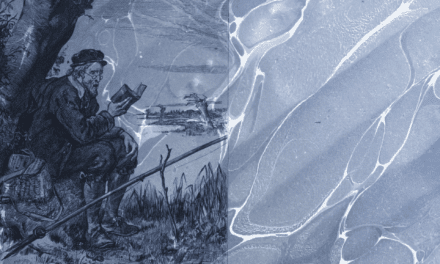

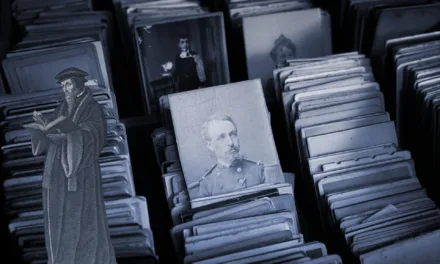
To add to this discussion, I’m over a decade into a writing and publishing career and don’t have a degree in Creative Writing. A Creative Writing Degree is not the only path into the book and publishing world, so there may also be complementary options that you can consider. My degree and Masters are in History, so I learned a lot of transferrable skills and actually found the research components of that degree to be highly useful as a writer. There are many paths you can take to achieve your writing goals!